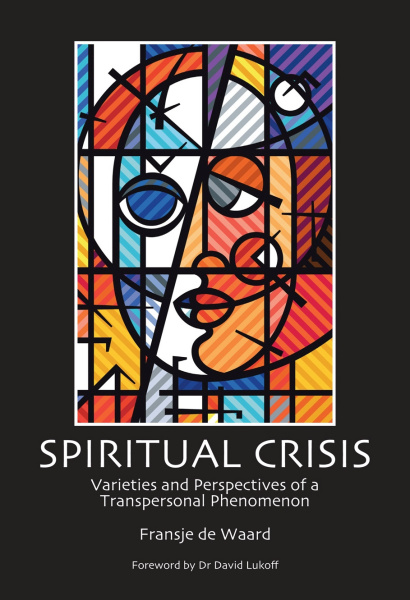The American comedienne Lily Tomlin once observed with surprise that we call it 'praying' when we talk to God and ‘schizophrenia’ when God talks back to us. In this book people speak about inner experiences in which they perceived themselves and the world so differently that they thought they were going mad. Experiences of existential voids, heights and depths, freezing wastes and silences, of pure energy, love and fear, oneness and chaos. They found no explanation in science or religion; traditional standards of normality and morality brought them no further than ‘madness’ and ‘heresy’. From sheer necessity they learned to steer by a sort of inner compass, and began to tap unconventional resources. This gave their experience on balance the depth and dynamism of a spiritual transformation which they would not have wanted to miss. Since 1994 such spiritual crises have acquired an official place in psychiatric diagnostics, namely as non-pathological episodes. Knowledge and insight fall substantially short, however, both in professional circles and among the public at large. In this book the author shows how transpersonal psychology interprets such crises as the growing pains of human consciousness. This wider perspective transcends the traditional, individual frameworks of the life sciences, parallel to the earlier shift of classical mechanics to quantum physics. At a time that resounds with demands for meaningfulness, and which seems engrossed in a holistic model of reality, this book sets about giving a place within this perspective to the phenomenon of the spiritual crisis.


